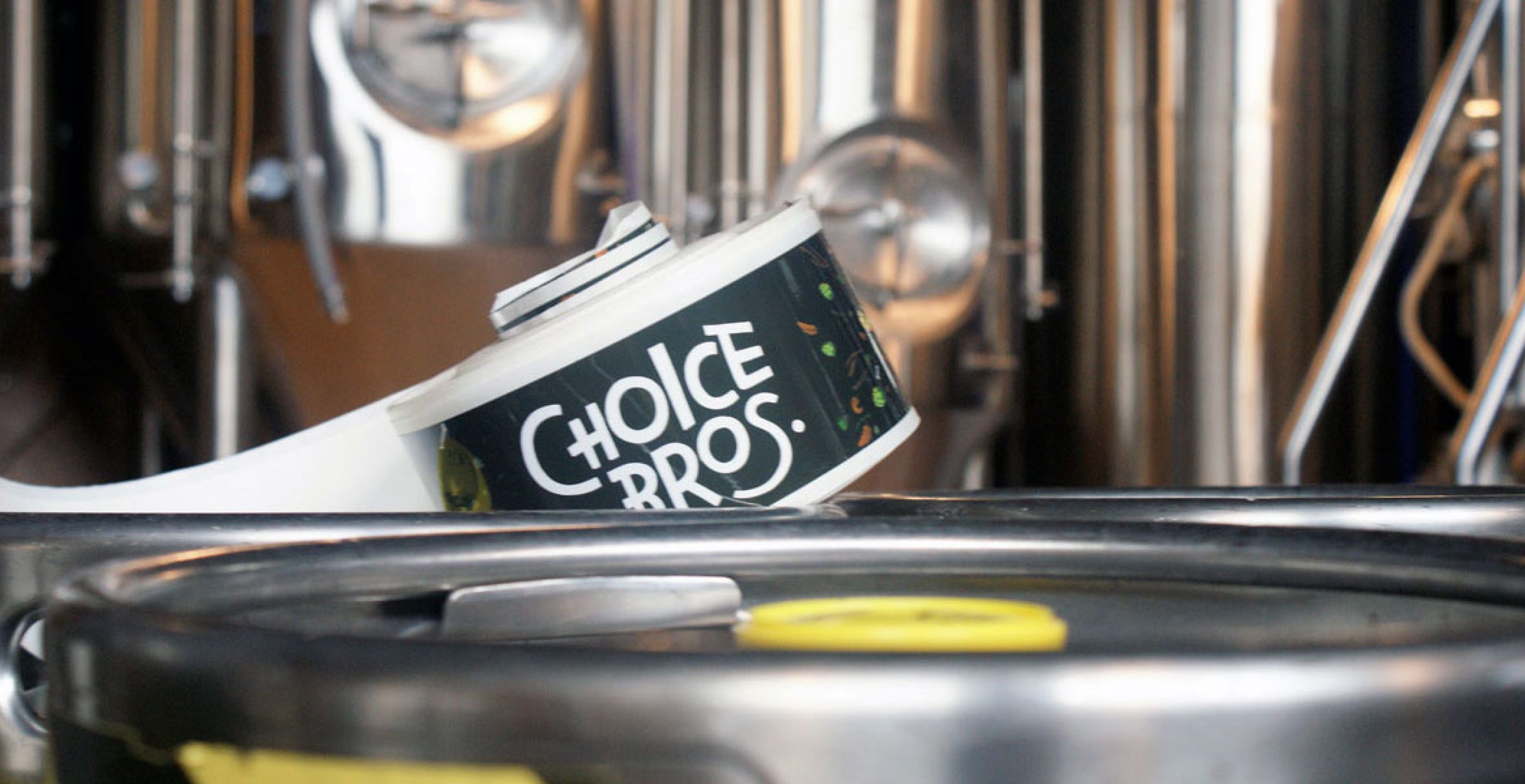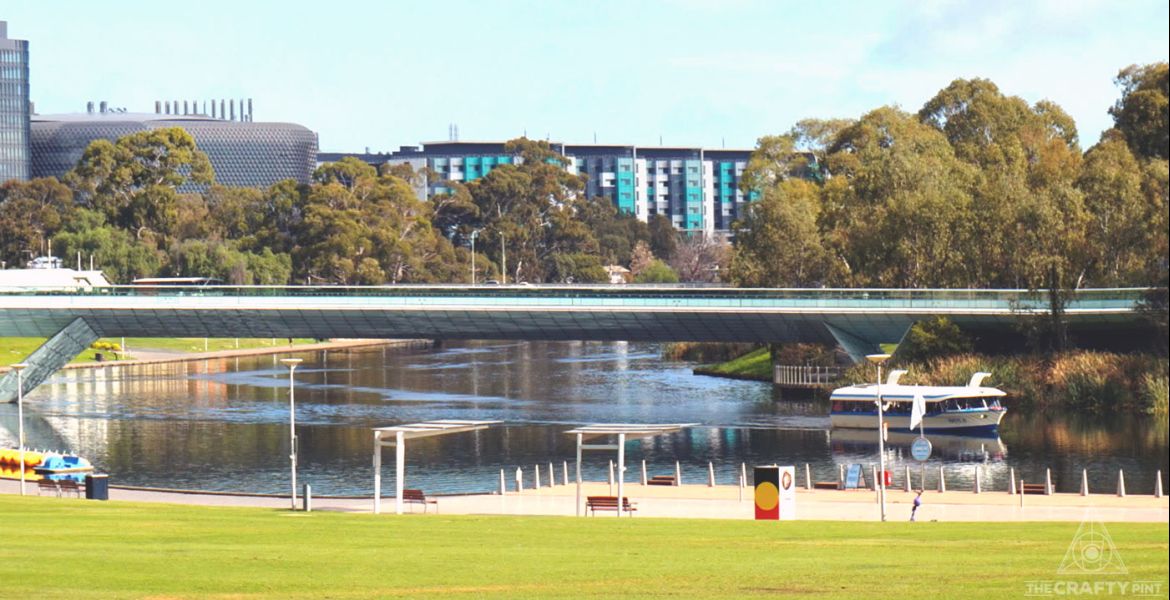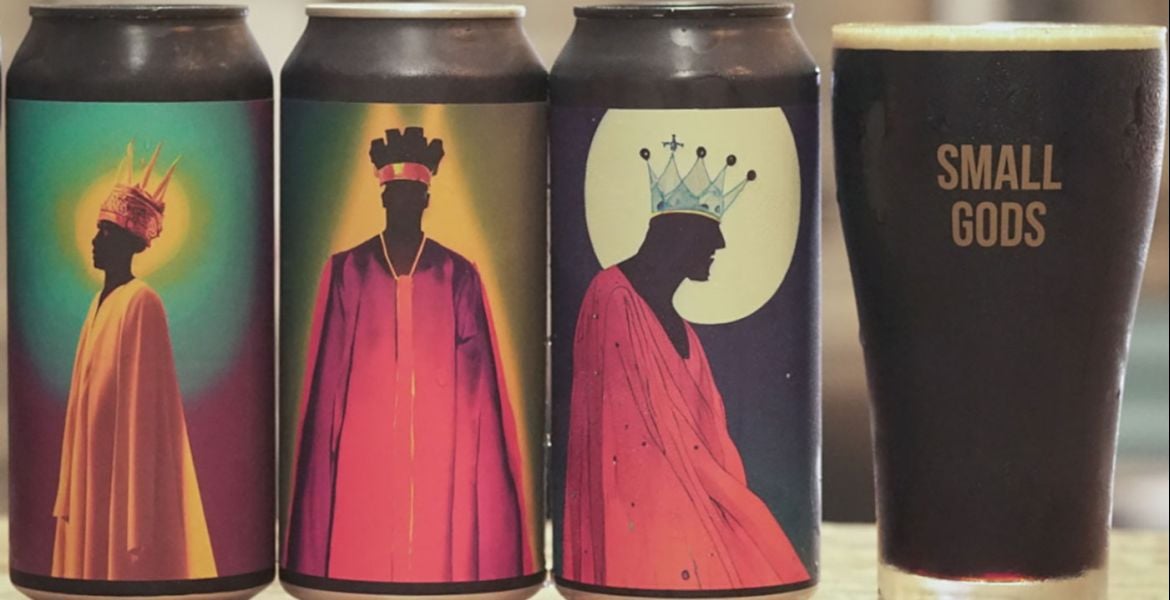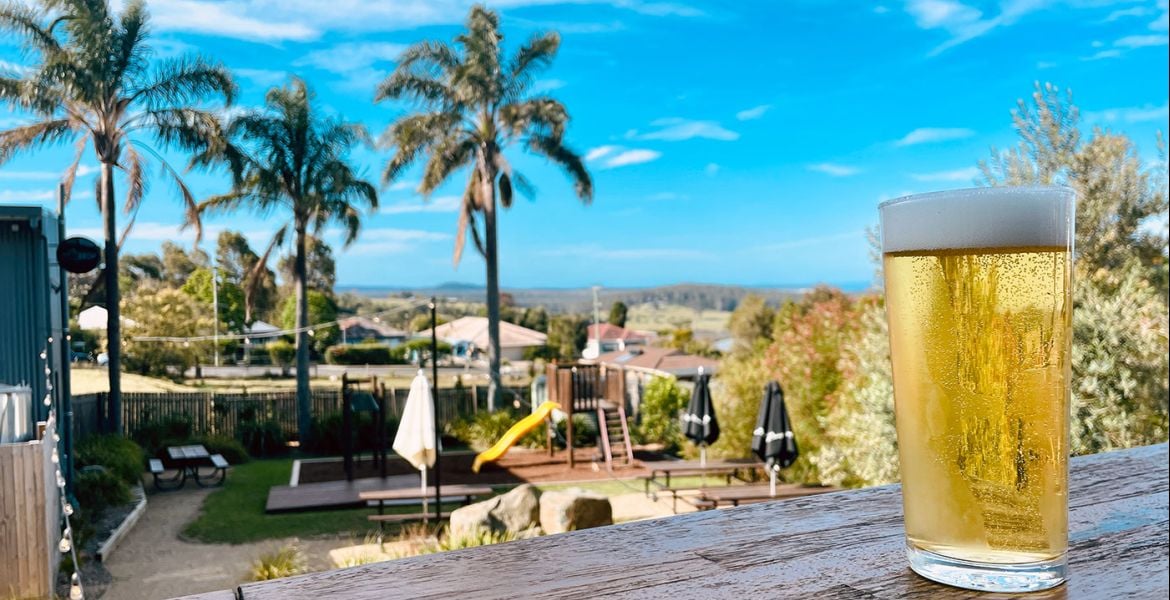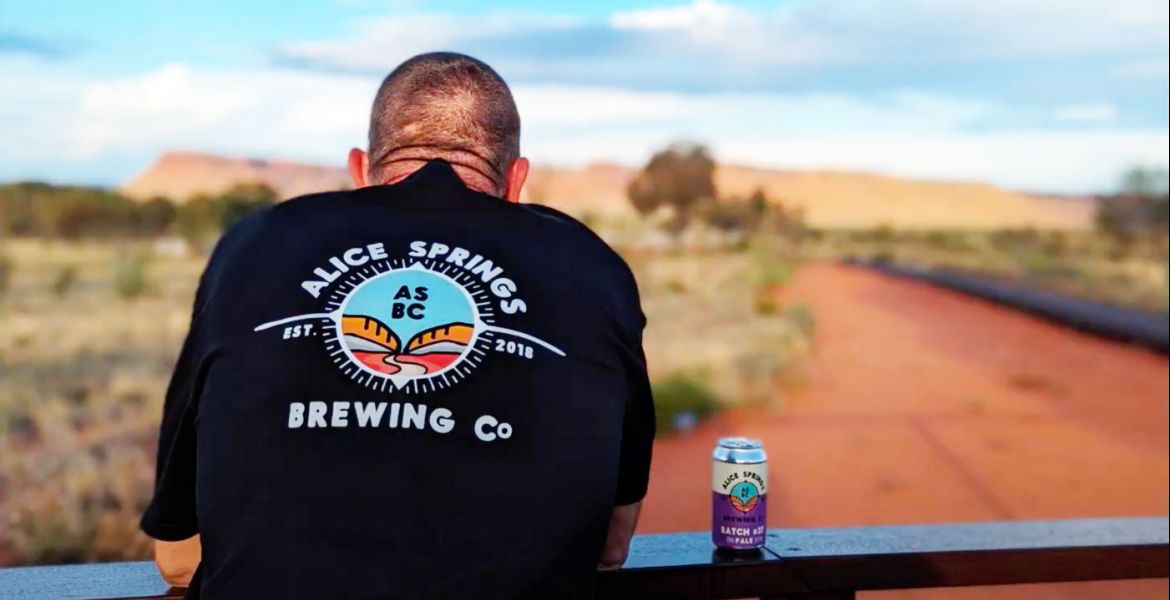Brewpubs are popping up all over in New Zealand, with three set to open in a single 200 metre area of Wellington in the next year alone. It's also a model that's growing in popularity in Australia – and often cited as one of few viable means of succeeding as a craft brewer on these shores.
Here, Our Man in New Zealand, Jono Galuszka, catches up with people involved with three different brewpubs that have all faced their fair share of challenges – from council planners to opening in the craft beer wasteland of Palmerston North – to discuss the pros and cons of taking beer from grain to glass to gullet, all under one roof.
KELLY RYAN – FORK AND BREWER
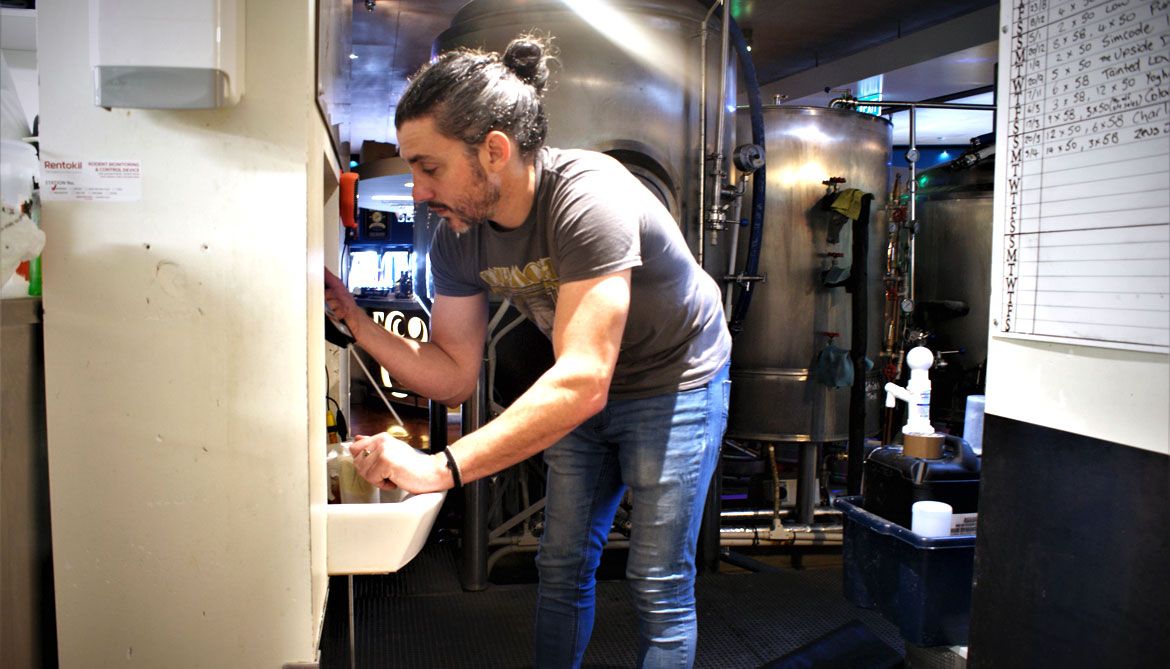
It would be hard to find someone in the brewing industry who works quite as hard as Kelly Ryan. Walk up the wooden stairs into Wellington’s Fork and Brewer during the week and you’re likely to see him whizz past in a blur, like a pinball bouncing off fermenters. He will usually be brewing a batch on the brewpub’s 1200-litre kit, filtering some beer prior to kegging, and making a small batch for his Little Forker series. He can put in as many as 15,000 steps in a working day, all in a space no bigger than a large living room.
For a brewer who is widely acknowledged as one of the smartest in New Zealand, it all seems a bit much. His pedigree is about as good as it gets: trained at University of Otago by acclaimed food scientist Jean Pierre "JP" Dufour, Kelly went on to work for a list of iconic brewing companies - Tui in Mangitainoka, Fyne Ales and Thornbridge Brewery in the UK, Epic in Auckland and Hamilton’s Good George – before ending up at Fork and Brewer. He has had his finger in every kind of brewing pie, from contract brewing to managing production breweries, and is often asked to help formulate recipes for other brewers.
He could have any brewing job he wants. But he says he has turned down roles since signing up with Fork and Brewer, partly because he loves the physical challenge on offer.
“I’m definitely my father’s son. He worked in a timber yard and I used to work there during the school holidays. It would always be about how quickly he could fillet timber (stacking wet wood so it would dry) and every time Dad would time himself. I find myself doing that. When you work by yourself, you set yourself those goals to get through the day,” says Kelly.
“I’m also probably ten kilograms lighter than I was in the Epic days.”
The other plus for him is the control he has over his product. He knows what goes into every keg, where every keg is stored, and how every pint is poured. He is happy to describe himself as an obsessive-compulsive brewer when saying how much he enjoys the simplicity of the supply chain.
“There is an unusual glorification of brewing and brewers by people who get into beer, which I still find completely crazy but interesting," he says. "But being a brewer and brewing good beer isn’t enough anymore. It’s got to be available everywhere. But as soon as you put it in package, you lose control.
“That’s the thing I want to do the least because I want to make sure they taste good and are served well.”
His philosophy is working well for his employers and his drinkers. Fork and Brewer had half-a-dozen regular beers when he first arrived. Now it’s common to see as many as 30 Fork and Brewer beers – a quarter of those sours – pouring at any one time. And the range is extremely diverse, from Yoghurt and Bruesli (a multigrain ale soured with a yoghurt culture) to the Base Jumper APA, for which Kelly is always tweaking the hop bill. Staff will be told of changes to beers as Kelly learns new techniques or tries different hop combinations, all in his search to find the perfect recipe for that style.
But no matter what he is making, he follows a one-word mantra that he believes sums up brewpub brewing perfectly: balance.
He says he learned the key to making balanced beer when working in the UK, especially when working with cask ales with Thornbridge.
“Even big beers like Jaipur [IPA] on cask had high bitterness, but were super drinkable because they had more booze and more residual sweetness," says Kelly.
“Because I’m not selling my beer in a bottle… they’ve got to have drinkability. Even my imperial stouts I want to have enough dryness, and not too much residual sugar, so you have drinkability. I probably get marked down in competitions for that but that’s not why we do it.
“If that was something that was written on my tombstone, it would be, ‘He had balance’.”
KERRY GRAY – CHOICE BROS/HUSK
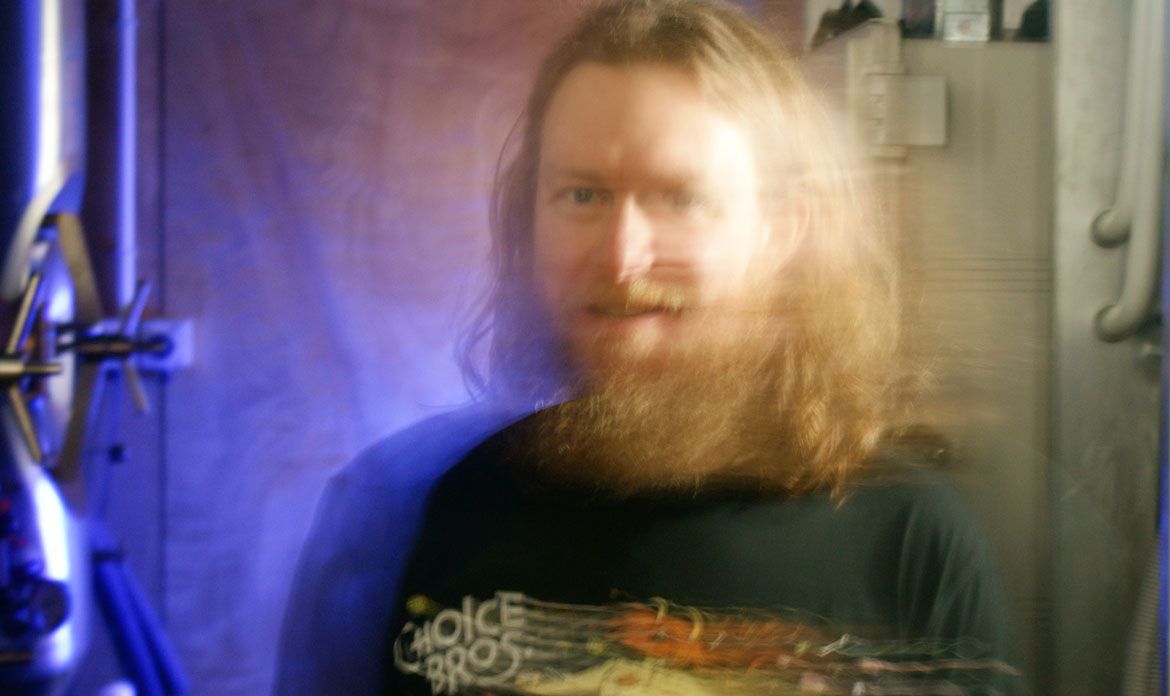
If it were not for a line on a map, one of the most impressive drinking spaces to open in Wellington in the past decade may have never existed.
Kerry Gray (pictured above) had it all planned out. He was set to join the likes of Panhead Custom Ales and Kereru by setting up a brewery in Upper Hutt - a city better known for bogans than good beer, but with a changing reputation thanks to the local council’s support. The site was small, but nice and with potential for a beer garden.
Then the local council went and fucked it all up.
“The council rezoned the area pretty much after we were set on the site,” Kerry says. “They drew the line on the wrong side of the building, so then it couldn’t be used as a commercial premise.”
But that frustrating setback steered Kerry and his business partner Michael Pullin towards something altogether more exciting, more ambitious and, frankly, more awesome: Husk.
Easily the slickest looking brewpub in the country, Husk puts Kerry’s Choice Bros brewery under the same roof as Michael’s Karamu Coffee roastery. The duo is supplemented by a kitchen pumping out delicious food, with the different parts all tied together with impressive interior design. It's a refined experience that fits into Wellington’s café and bar scene extremely well.
The journey from brewer to brewpub owner has not been an easy one. Kerry has that look most new business owners get while still setting everything up - slightly dazed, especially tired but full of excitement and optimism for what the future holds.
Kerry’s adventure into beer has its genesis in a trip through Europe, but unemployment gave him a real springboard. He was set to get into homebrewing to make cheap beer while on the dole, but managed to find work. New Zealand being a decent welfare state, he was given a voucher to buy food until his first payday rolled around.
“I had enough food, so I spent my food voucher on a Coopers homebrew kit,” he explains.
He started trading his homebrew for coffee with people at Karamu Coffee, who gave him the encouragement he needed to start contract brewing under the Choice Bros brand. But, while most people would make a stout or pale ale, Kerry stuck to what is quickly becoming his trademark – making extremely drinkable beers which sound like they should be anything but. One of the first products he released when he started contract brewing was a beer that had bacon added in the mash, boil and fermenter.
But he recognises the difficulties of making those beers as a contract brewer. Not everyone wants to be throwing peanut butter and raspberries into English ales, or mucking around with candied ginger when brewing a red IPA on their brewkits. He knows he is fortunate to have a strong relationship with the team at North End in Kapiti, where Choice Bros will continue to contract brew canned products.
“Contracting is way easier. If something goes wrong it’s kinda on [the brewery] most of the time. Staff-wise, you’re managing yourself and working with another brewer. But financially, you’re not making the same margins, and have to do a lot more to make it profitable.”
Then there is the issue of trying to secure tank space, with Kerry giving the Yeastie Boys, who urgently had to find a new brewing partner in the UK after BrewDog stopped offering space for contract brewers, as a prime example.
But keeping contract brewing makes sense on two levels for Kerry. Firstly, it provides a different revenue stream to solely trying to sell across Husk’s bar.
Brewpubs having contract brewing arrangements, like Choice Bros does with North End, is also quickly becoming a trend. Auckland cask ale doyen Galbraith’s Alehouse is making lagers and ales through Steam Brewing, while Andrew Childs of Behemoth Brewing (branded as Chur Brewing in Australia due to a trademark clash with KAIJU! Where Strides the Behemoth) is looking to set up a brewpub while continuing to contract brew.
Secondly, Kerry sees contract brewing as a valuable marketing tool, a way to capture drinkers from out of Wellington.
“People from out of town can still drink our beers, get them from their supermarket, but now we have a home they can come and visit.”
Having that home at Husk is already paying dividends for Kerry, even if only to scratch his own brewing itch. Take Hologramic, a nine percent ABV fresh hopped Belgian-style Tripel, for example. Kerry says it would have been almost impossible to brew it as a contract batch, but having Husk ready for the hop harvest season enabled him to make Hologramic the first beer from his brewery to make it into kegs.
“We have way more creative freedom, having our own kit. We can go crazy and do beers that may not sell as easily into the market so we can experiment more and try different styles.”
Husk’s unique layout also works to Kerry’s advantage. People drinking coffee, beer, wine or barrel aged Negroni can literally lob ice cubes at his brewhouse if they feel the need. The openness was key to Kerry meeting Petr Petruzalek, who worked at Pilsner Urquell for more than 20 years.
Petr simply leaned over and gave Kerry the Czech version of "G’day", which ended with the pair striking up a conversation about kettle souring. Petr had tried Kerry’s raspberry and lime gose, Strung Out on Lasers, and couldn't make high or low of it. Now Kerry is getting tips on how to brew pilsner from someone who worked at one of the world’s most famous pilsner breweries in exchange for tips on kettle souring.
(Read our interview with Petr on his last visit to Australia to assist Melbourne's Foreigner Brewing Company here)
Working with other breweries is on the cards as well. He already has plans to do a trans-Tasman collaboration with Sydney’s Nomad Brewing. He says they will brew Choice Bros Reet Petite Red IPA in Australia, but substitute the candied ginger for Australian bush ginger. In return, he will make Nomad’s Long Trip Saison with New Zealand spices.
While the plan is to have Husk’s taps dominated by Choice Bros, there will be room for others.
“We want to roll with the idea [that] instead of [having a] guest tap [there's] a collaboration tap. Different people can come in and brew with us, or we brew with them. If in a year’s time we have 12 taps and they’re all collaboration beers it’ll be pretty awesome.”
It all sounds like fun and games, but Kerry says the process has been extremely tough. Building a brewery has been hard enough, let alone thinking about how to integrate a kitchen, coffee roastery and front of house staff. But he can only see more brewpubs opening in new Zealand.
“People are starting to drink local again. Sixty years ago there was a hotel on every corner of each suburb. That’s all gone but it’s slowly coming back, but this time everyone will make their own beer.
“Brewpub are not easy. They have a lot of hassles. But there is just something special about them.”
JULES GRACE AND MURRAY CLEGHORN – BREW UNION BREWING COMPANY
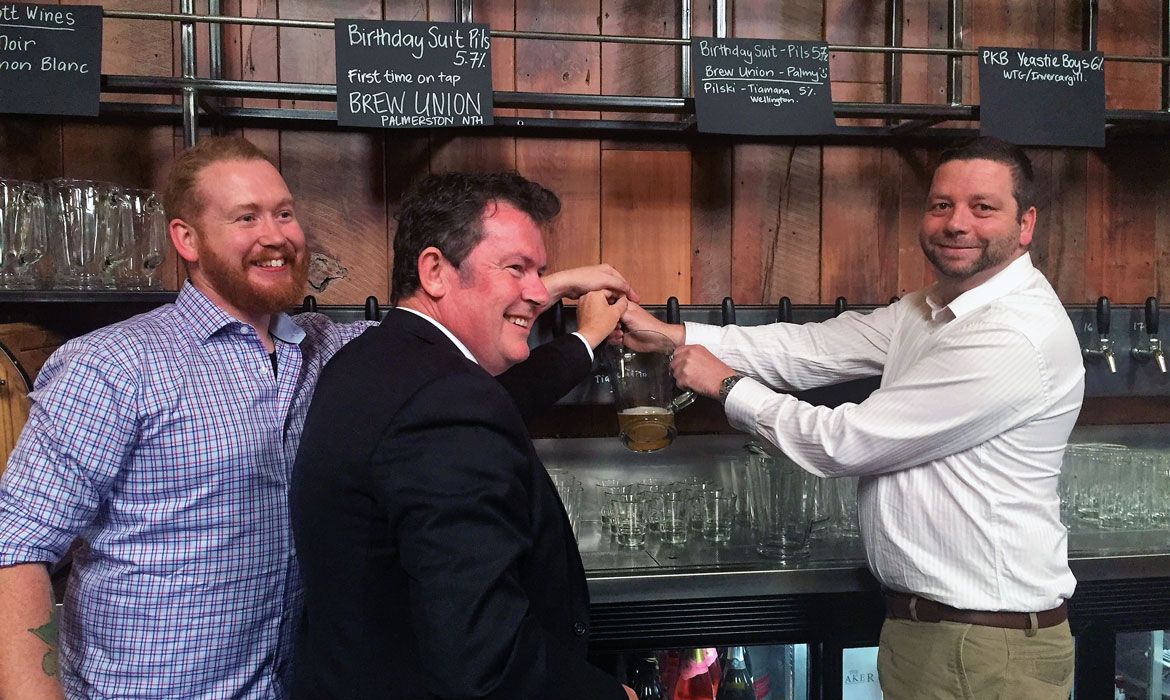
While opening a brewpub in Wellington may bring out the city’s craft beer drinkers, opening one in Palmerston North ends up with the mayor pouring jugs of beer.
Jules and Murray, the brains behind Brew Union Brewing Company, could do with the mayor popping back in for a shift every now and then. The place has been rammed full of punters since opening in March, a situation that has seen projected sales figures blown out the water.
It is a welcome hassle for Jules and Murray, who have been working on opening Brew Union since 2009. The pair met working for Starbucks in Christchurch and have spent much of their lives in quick-service hospitality. Both have been successful in their own right - Murray became the general manager of Starbucks Indonesia, a US$100 million business, while Jules turned a failing Burger Wisconsin franchise into an extremely busy one - but wanted to have their own business.
“I went, ‘Fuck Starbucks, I’m going to go make beer’,” says Murray.
A stint at Invercargill Brewery, making both the South Island brewery’s core range and contract batches for Yeastie Boys, Pink Elephant and Mussel Inn gave Murray a solid grounding in brewing a variety of styles.
“That really fired my ambition to start something for myself."
The result, Brew Union, is an impressive site. Taking up 700 square metres, the builders utilised the native New Zealand timber removed during rebuilding work to create various features. They even ripped the roof off the back quarter to create a sheltered courtyard. Pictures of Portland brewpubs were taped to the brick wall during construction to remind contractors every day of the owners’ vision.
But, just like Husk, Murray says Brew Union got far bigger than expected.
“I always wanted a brewery and always thought brewpub a good model. The original plan was more like a dive bar with a tiny 600 litre brewery. The idea was that you have low overheads and run it yourself with fairly minimal staff. It was never to be something this grand.”
Things have been coming online in phases, with the brewhouse still arriving. Brew Union has been contract brewing at North End in the meantime, with their first beer Birthday Suit - an extremely dry pilsner - proving popular. But filling the taps with the likes of Epic, Tiamana, Yeastie Boys and Liberty has helped Jules and Murray figure out what people in Palmerston North will want once Brew Union fires up its kit.
“If we were looking at a core four beers they would have been a big IPA, a fairly full-on pale ale, a dry stout and session ale,” Murray says. “Now we’re thinking more of a sessionable lager/pilsner, a mild and a stout, with those bigger beers coming along later.”
Jules says the brewpub model was the only one that was going to work in Palmerston North, a city where the only sellout event is stock car racing, the local rugby team was named the local paper’s Person of the Year recently, and every other bar in town has its taps tied to bigger breweries.
“Even though we are not producing as much per batch, you’ve got more margin at the taps and you are not packaging for distribution. It would be so hard to sell our beer here.”
But he also sees the city’s reputation of being a craft beer wasteland as a strength for Brew Union.
“We figured it was quite low risk . If we did something in Wellington it would be a small slice of a big pie. I thought there would be some resistance to craft beer, but I’ve been pulling some hours behind the bar and that’s not how it is.”
You can read Jono's other articles for us here and other coverage of the NZ beer scene here.
Keep up with Jono elsewhere on the internet on Twitter, or his beer blog From Drinker to Brewer, which you can also follow on Facebook.




